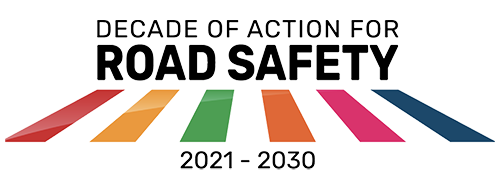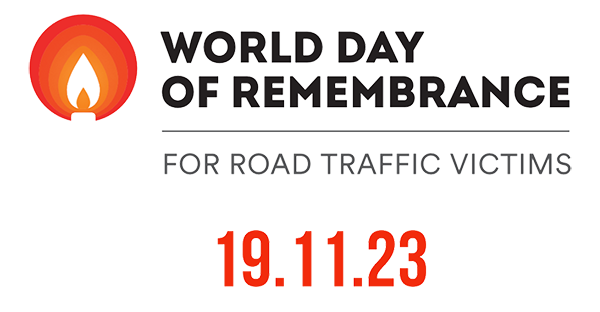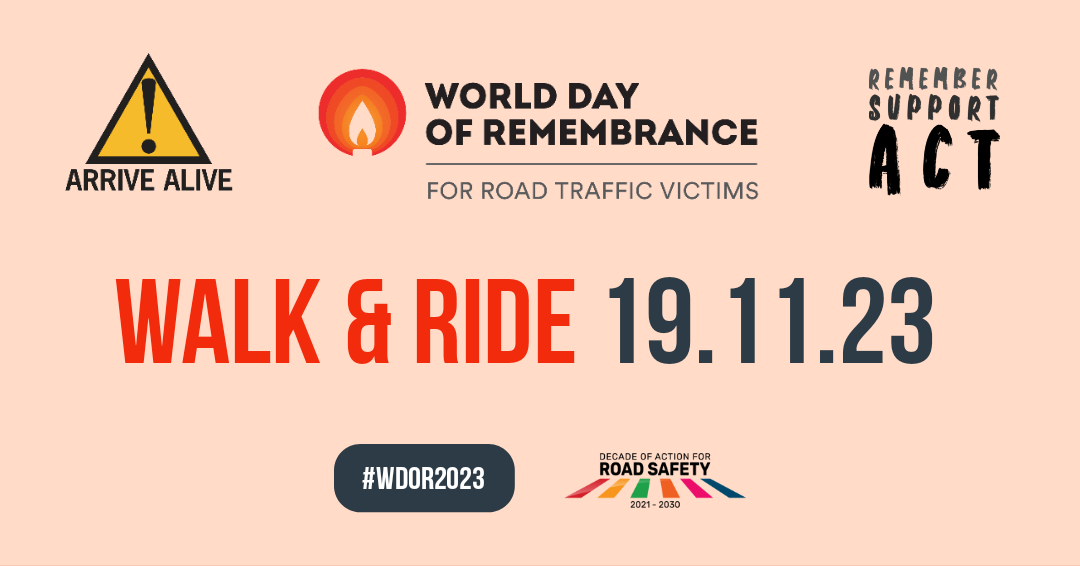History
ARRIVE ALIVE was incorporated under The Company’s Act 1995 on July 19th, 2005, as a non-governmental organisation and we’ve learned many lessons since this humble beginning. Working closely with the Traffic & Highway Division of the Trinidad & Tobago Police Service (TTPS) has given us a real appreciation of the importance of effective and efficient Road Safety Management Systems and the absolute necessity of enforcing the existing traffic laws. This experience has also inspired the creation of one of our key mantras:
MANAGE TRAFFIC, MANAGE YOUR COUNTRY
In our opinion, the ability to effectively manage road traffic is the most important tool in the arsenal of the Police Service. It represents the first line of defense in the ability to screen criminals and illicit weapons in transit through the simple and effective enforcement of the most basic traffic laws.
Early efforts with the TTPS (and our current involvement in their IRoadSafe campaign) were focused on enhancing and upgrading the infrastructure of the Traffic Branch and Licensing Office, as well as lifting the morale of its officers.
Another key initiative from ARRIVE ALIVE’s early history took place during 2007, when we partnered with and supported several law enforcement agencies in a pilot project aimed at dramatically increasing police presence and traffic law enforcement on our nation’s roads. The team was comprised of officers from the Traffic Branch, Licensing Office, Guard and Emergency Division, and volunteers from ARRIVE ALIVE.
Despite many constraints and limited resources, road fatalities were the lowest in five years, arrests were made for drunk driving, driving without a license, reckless driving and other offences, more than 2000 tickets were issued for other traffic offences and violations, and a loaded firearm was recovered.
Motorists were also made to stop and exit their vehicles to rest in “sober zones” set up by the Police in conjunction with ARRIVE ALIVE. Here, they were provided with water and/or energy drinks to combat slight inebriation (under the prescribed legal limit) or fatigue. Given the short period of time in which this initiative took place, the measurable results were quite unprecedented, and deemed successful by all those involved.
Since then, our organisation has continued to partner with stakeholders throughout our country on road safety education and awareness projects, as well as upgrades to pedestrian crossings, the Road Wise Art & Essay competition in primary and secondary schools, and a navigational Car Rally & Treasure Hunt for road safety, focused on obeying speed limits and proper defensive driving.
Other annual activities include the UN/WHO World Day of Remembrance for Road Traffic Victims, held on the third Sunday of every November, as well as visits and presentations to schools and communities. At these events, we provide leaflets and giveaways on pedestrian, cyclist and passenger safety and we’ve learned not to take anything for granted with regards to road safety education: an example of this was when we learned that the average Trinidadian child does not know how to cross the road properly!
With the kind contribution of BHP, we have been able to partner with the Ministry of Works & Transport to ensure that both The UN/WHO World Day of Remembrance for Road Traffic Victims, as well as the day of recognition for our first responders, the Road Traffic Safety Awards, are now annual events on our calendar.
Educational sessions are also conducted at public and private sector offices throughout the country, with the subject matter tailored to more mature audiences. The focus is on defensive driving, with topics such as speed, distracted driving, DUI/impaired driving, and lack of sleep. These messages are driven home through graphic accident re-enactment videos.
Other opportunities to interact with the general public come through involvement in the TTPS Community Outreach Program, which is scheduled throughout the year in those far-reaching communities that are not typically served by the educational services available in major urban areas. The ARRIVE ALIVE Sober Zones, which primarily take place during the busy Christmas and Carnival seasons, also allow our volunteers to educate individuals about the consequences of making poor choices regarding road safety, in particular with regards to drinking and driving.
The most critical of our programs are the weekly DUI/Traffic Offender Educational Meetings conducted in Chaguanas, San Fernando, and Port of Spain at the request of the Magistrate’s Courts. It is at these classes that our volunteers work towards the re-education and rehabilitation of those who have been found in violation of the existing road safety laws. While the courts have mandated that they attend these classes, our goal is to always ensure that they are enjoyable, educational experiences, where individuals not only learn for their benefit, but also pass these messages on as advocates for road safety. We also encourage the magistrates to include drivers’ education as part of the reformation of all traffic offenders.







